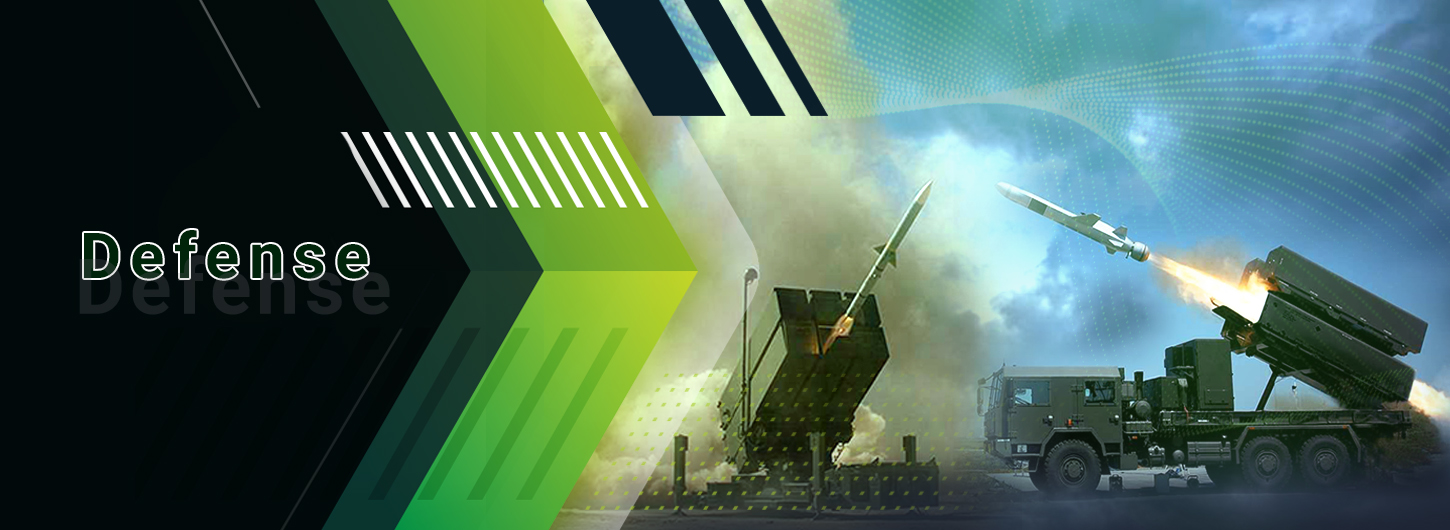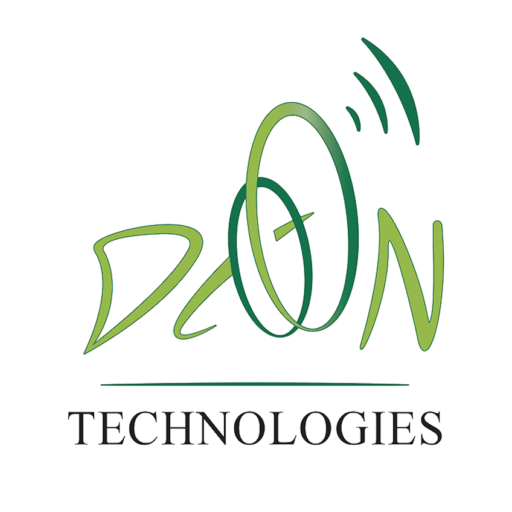
Defense
Communication innovation is advancing quickly, changing the way military powers communicate but also making new threats. We explore the most recent improvements in military communications networks and technology.
Military organizations require valid and secure communications through different vectors More than any other and on which clients can rely at any time, regardless of the theatre of operations. Our flexible solutions are appropriate to permanent or deployable command and control rooms.
Armed forces need their own highly secure communications equipment to succeed in their missions and safeguard national sovereignty. For decades, Dioon Technology has supplied ground, air and naval forces throughout the world with innovative intelligence and communications systems.
The defense industry refers to the sector involved in the research, development, production, and sale of military equipment, technology, and services. It encompasses a wide range of activities related to the defense and security of a nation, including the manufacturing of vehicles, aircraft, ships, communication systems, and other defense-related equipment.
Here are some key aspects of the defense industry:
-
Defense Contractors: Defense companies are the primary players in the industry. They design, develop, manufacture, and sell military hardware and technology to governments and armed forces. These companies often compete for defense contracts issued by governments worldwide.
-
Research and Development (R&D): The defense industry invests heavily in R&D to advance military capabilities. This includes developing new technologies, materials, and systems that enhance defense capabilities, such as advanced surveillance systems, cybersecurity solutions, and communication networks.
-
Military Equipment Manufacturing: Defense industry manufacturers produce a wide range of military equipment and platforms. These can include tanks, aircraft, armored vehicles, and other defense systems. Manufacturing processes may involve complex supply chains and adhere to strict quality and safety standards.
-
Defense Services: In addition to equipment and technology, the defense industry provides various services to support military operations. This includes maintenance, repair, and overhaul (MRO) services for military hardware, training and simulation services for personnel, logistics support, consulting, and cybersecurity services.
-
Global Market: The defense industry operates on a global scale, with companies competing for contracts from different countries.
-
Collaboration and Partnerships: Collaboration between defense companies, research institutions, and governments is common in the industry. These partnerships aim to leverage expertise, share resources, and develop cutting-edge technologies to address complex defense challenges.
-
Defense Budgets: Government defense budgets significantly impact the industry. Defense spending varies across countries, influenced by national security priorities, geopolitical factors, and economic conditions. Higher defense budgets generally result in increased demand for defense products and services.
-
Dual-Use Technologies: Some technologies developed for defense purposes also find applications in civilian sectors. For example, advancements in satellite communication, GPS navigation, and cybersecurity have benefited industries such as telecommunications, transportation, and information technology.
It's important to note that the defense industry is subject to strict regulations and oversight, particularly concerning export controls, and compliance with international treaties and agreements. The industry's primary goal is to support national defense and security by providing the necessary capabilities and technologies to protect a nation's interests and deter potential threats.
